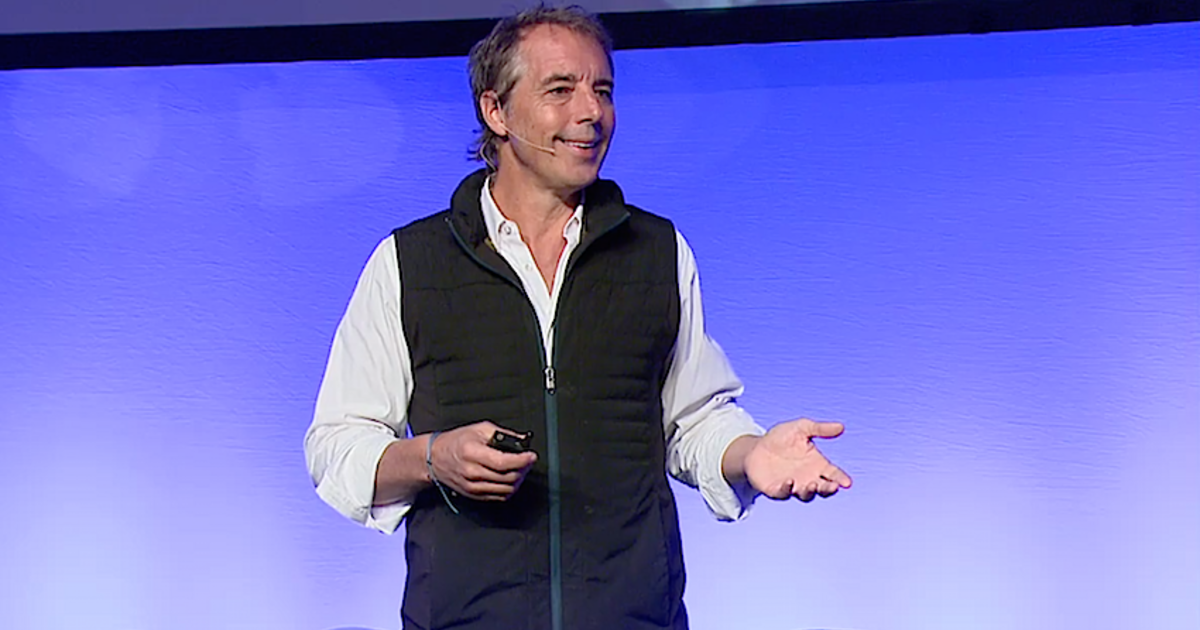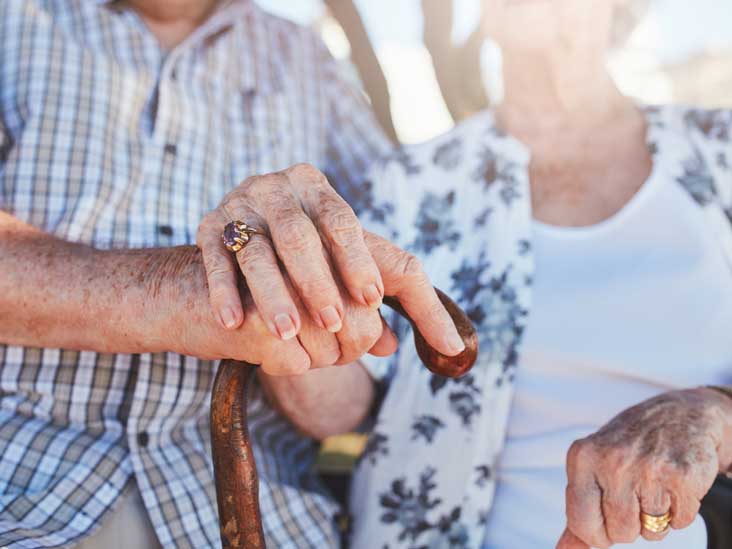It's taken the medical community about 30 years to catch on to what Clarence is saying.
The page I linked to is Clarence, ~15 years after the fact, talking about a book that was published in 1992 - there's your 30 years. There are podcasts/interviews with the original authors - I watched the first 15 minutes of one of them from, if memory serves, 2014, in which the author says, "Yes, it's still true."
for body fat, I can't really read if there is much more value being lower than low end of the 'healthy' range for the given gender (10 for males, ~18 for females). Too low is not good, but what is too low?
My story, no science claimed: I weigh around at about 153 lbs (69.5 kg) most of the time. I compete at 149 lbs (67.5 kg). If I spend a long time at my competition weight or less, I get sick more often. And being what is apparently typical for men, I'm lean enough to have visible muscles, veins, and the like appearing on much of my body, but I've got a little belly. There are some pictures and videos of me with visible abs but, if memory serves, at least some of them are from the time after I had pneumonia and was still putting bodyweight back on.
A cute (IMO) story - my wife and I, not long after we'd moved to NYC, used to run races in Central Park (NYC for those who don't know) pretty regularly with someone we became friends with at her job, and as most distance runners do, we'd sometimes talk about things like, "I wonder how much better my 5k time would be if I got rid of this bit of belly fat I have." Our friend had a good retort, saying that he called his little bit of belly fat his "good life," so named because, if you didn't have it, people would think you weren't living "the good life." So don't call it belly fat, call it your "good life."

(The pneumonia's cause wasn't related to bodyweight but rather a listed "possible side effect" of an asthma medicine I was taking. I took it through two winters, got pneumonia both times, stopped taking it after that and never had pneumonia again.)
More than one study has shown that being slightly overweight is associated with reduced all cause mortality.
See immediately above - for me, this is feels true, although I don't know that I qualify as being slightly overweight or not by some standard - for myself, that's how I feel, though, just a bit over what I could be.
Is muscle "strength" and muscle "mass" the same thing?
People have written volumes on this subject. I encourage you to read Pavel's early book, "Power To The People!" and many later things from him and others on this subject. The short, correct answer is, "No." The slightly longer answer is that there are many ways to increase strength, and muscle mass is one of them.
Our focus at StrongFirst, while certainly providing the tools to add muscle mass if you want them, is first and foremost to help you improve your skill at lifting which will enable you to be stronger with whatever amount of muscle mass you choose to carry.
-S-




